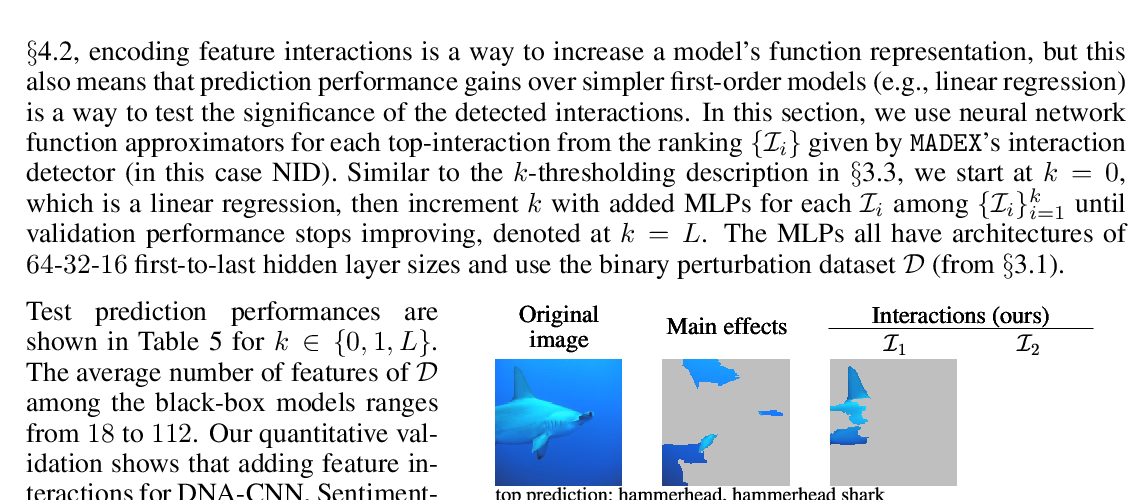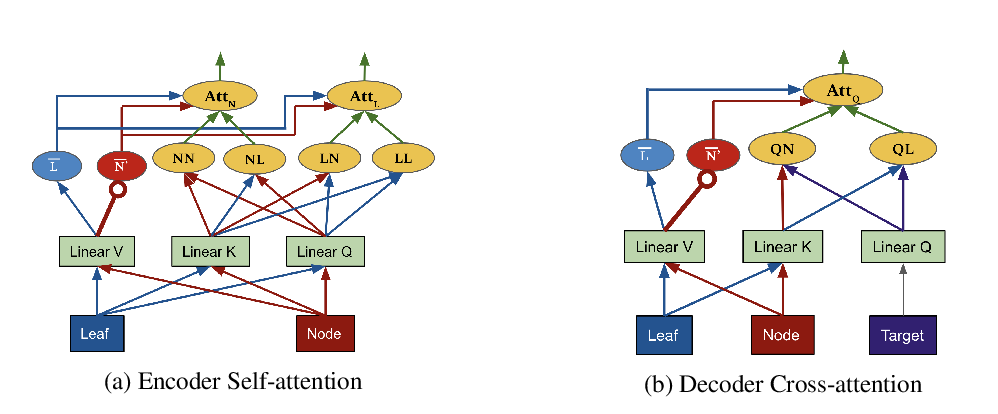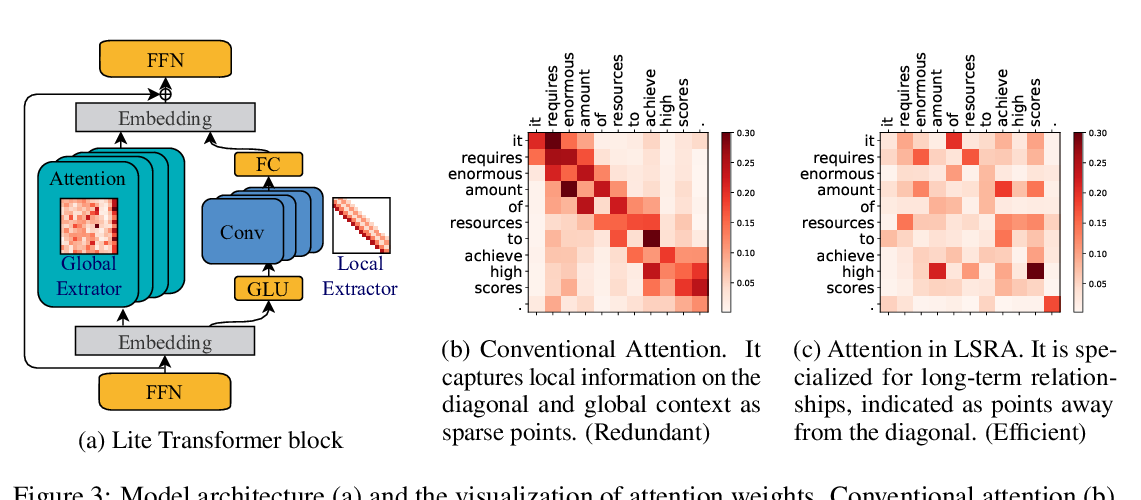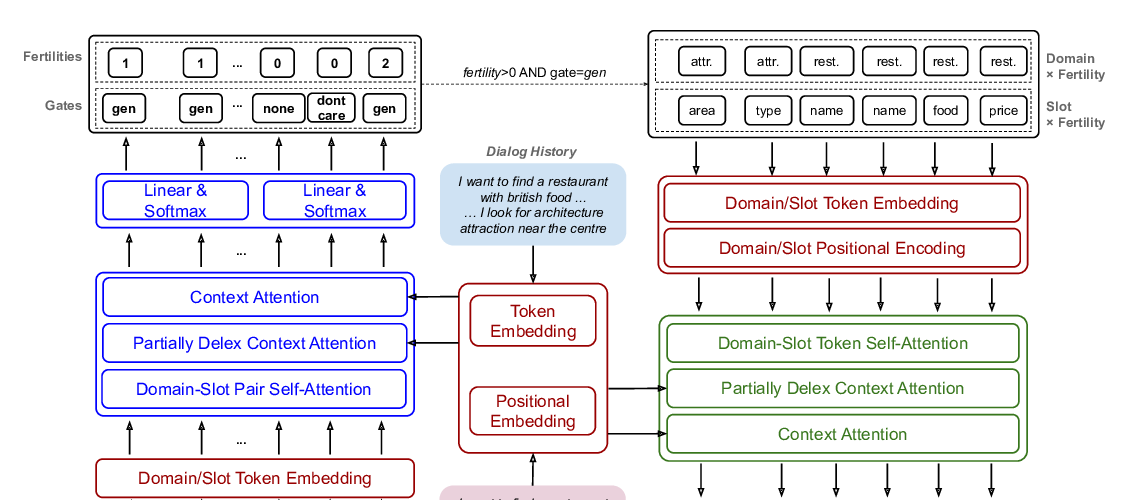Abstract:
We study non-collaborative dialogs, where two agents have a conflict of interest but must strategically communicate to reach an agreement (e.g., negotiation). This setting poses new challenges for modeling dialog history because the dialog's outcome relies not only on the semantic intent, but also on tactics that convey the intent. We propose to model both semantic and tactic history using finite state transducers (FSTs). Unlike RNN, FSTs can explicitly represent dialog history through all the states traversed, facilitating interpretability of dialog structure. We train FSTs on a set of strategies and tactics used in negotiation dialogs. The trained FSTs show plausible tactic structure and can be generalized to other non-collaborative domains (e.g., persuasion). We evaluate the FSTs by incorporating them in an automated negotiating system that attempts to sell products and a persuasion system that persuades people to donate to a charity. Experiments show that explicitly modeling both semantic and tactic history is an effective way to improve both dialog policy planning and generation performance.



